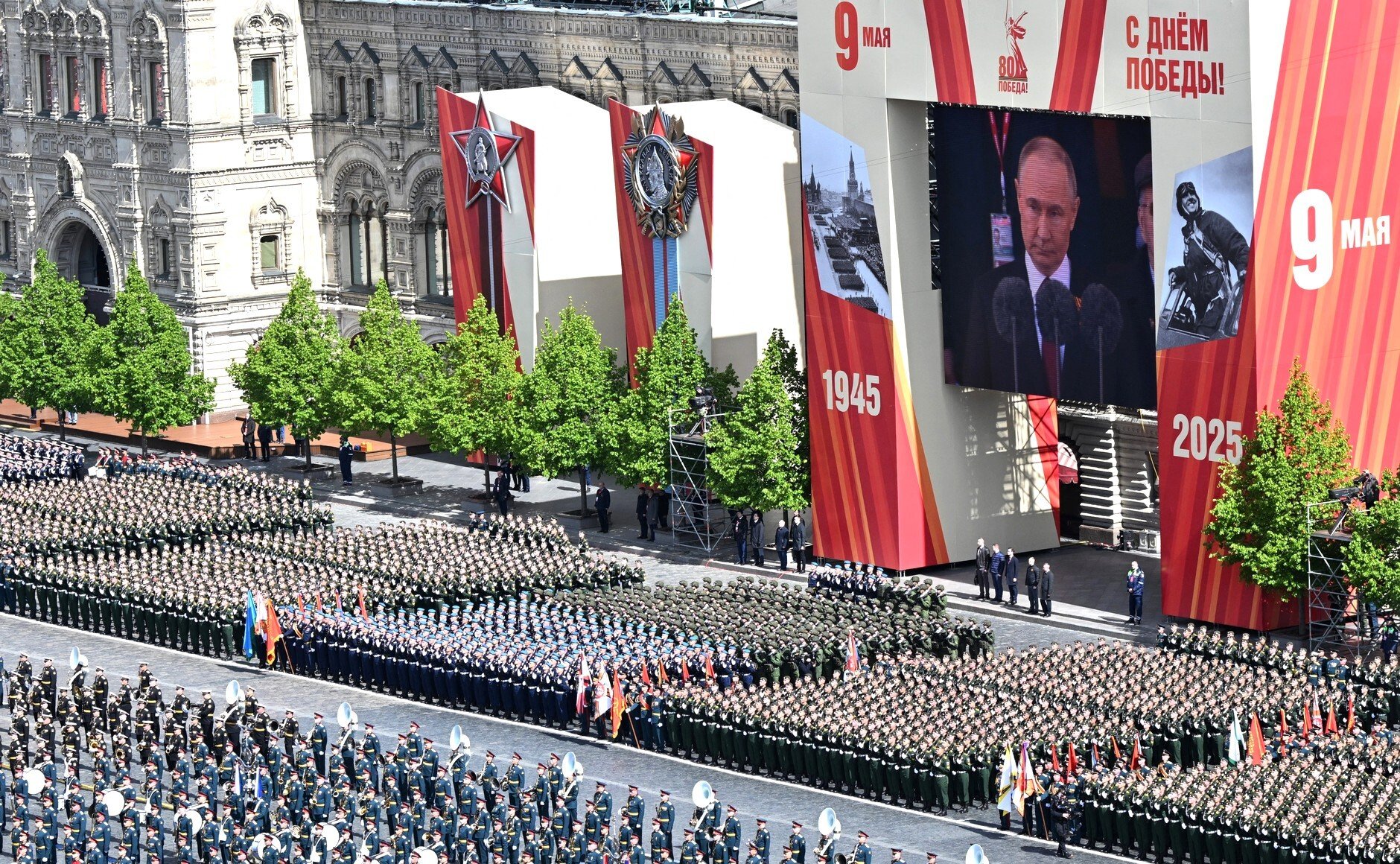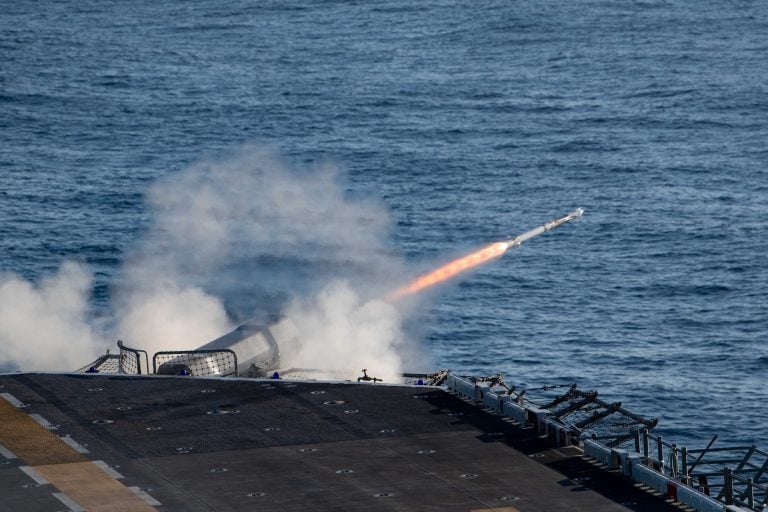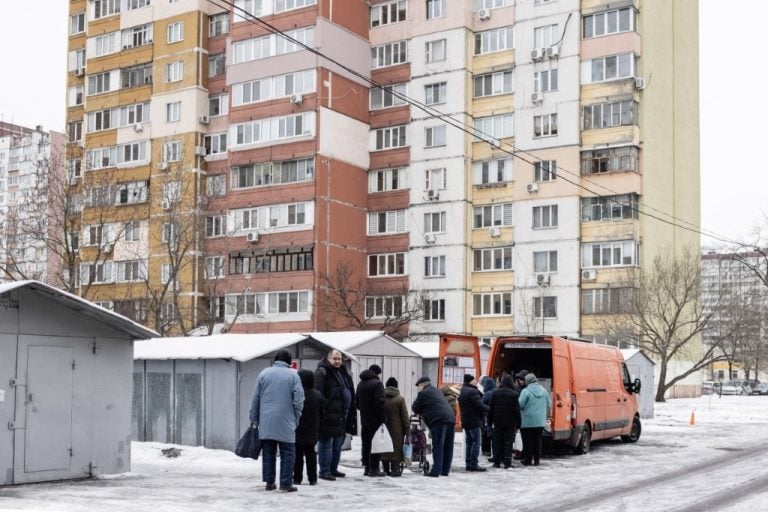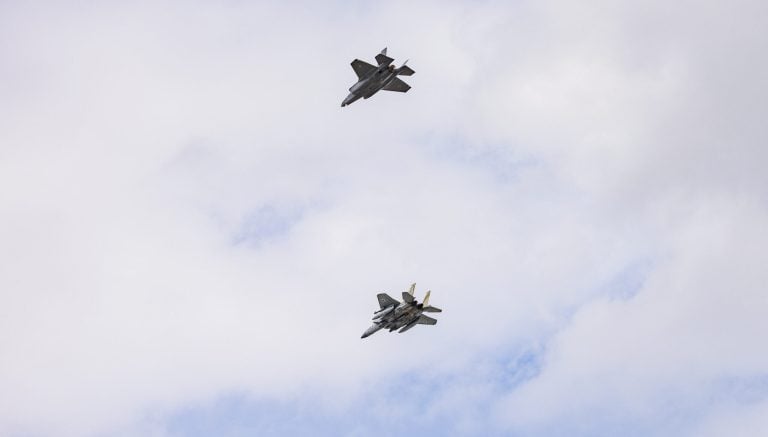Russia’s State Duma, the lower house of the Federal Assembly, has taken a significant step towards overhauling its military conscription process by passing a bill that proposes to implement year-round drafting. This measure, approved in late September, is aimed at replacing the current system, which operates a biannual draft cycle in the spring and fall.
Lawmakers believe that transitioning to a continuous conscription process will alleviate the burden on enlistment offices, which have been described as overwhelmed during the limited draft periods. Under the proposed legislation, all medical evaluations, psychological assessments, and enlistment board sessions would occur throughout the year, starting on January 1 and concluding on December 31.
However, recruits would continue to be assigned to military units only during two designated periods: from April to July and October to December. This approach is intended to create a more organized framework while maintaining the existing schedule for sending individuals to service.
One of the notable changes in the bill is the provision allowing draft notices to be issued at any time. Individuals who do not receive a summons would be required to check in with their enlistment office within two weeks of the upcoming call-up period to ensure their records are accurate and up-to-date.
Andrei Kartapolov, the Chair of the Defense Committee and co-author of the bill, emphasized that the reform seeks to distribute the workload more evenly across recruitment centers. Supporters argue that implementing a year-round process would streamline operations and enhance the accuracy of enlistment data.
Additionally, the legislation modifies the application procedure for those wishing to substitute military service with alternative civilian roles. Applications for alternative service would need to be submitted by April 1 for the fall draft or by October 1 for the following spring draft. Furthermore, men who lose their deferments will have a 10-day window to reapply if they can demonstrate that military service contradicts their personal beliefs or religious principles.
If the bill is finalized and enacted, it will take effect on January 1, 2026. This legislative move is consistent with previous actions taken by the Russian government, which have included raising the draft age to 30, preventing men with conscription orders from leaving the country, and significantly increasing penalties for failing to comply with military draft regulations.







